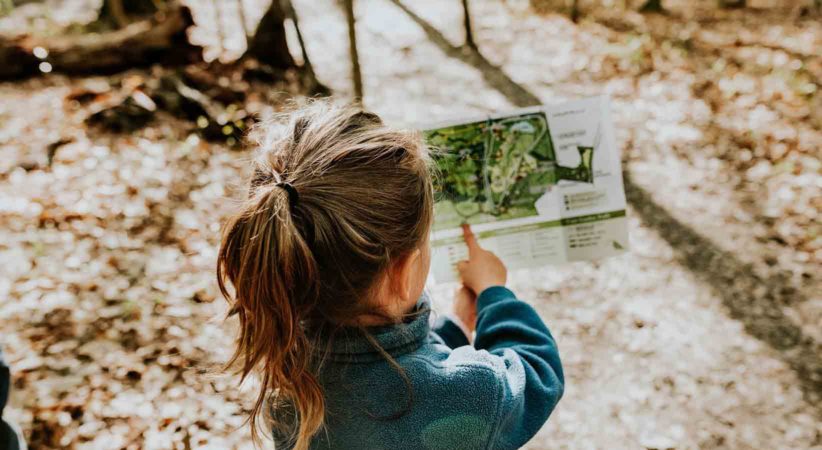
Place-Based Learning
Place-based learning is a method of practice that uses places and the resources found there to learn across disciplines. This can include a place’s cultures, history or geophysical features. With place-based learning, the hope is to foster a sense of place for individuals within their community. This practice helps encourage good citizenship and helps students understand, appreciate and care for their communities.
”It is more and more apparent that basic literacies are not enough. Students need to find ways to apply, own, and direct how literacy and problem-solving skills are used. Place-based education does this uniquely well while it builds capacity for citizenship.” – Tom Vander Ark
Some goals for place-based instruction can be:
- Grounding the curriculum in the particular attributes of your location.
- Using local, regional, and community places, resources, systems and themes as a context for learning.
- Prioritizing hands-on learning. Organize a significant amount of study outside the building in school yards, at sites of regional significance and in the local community.
- Contributing to your location’s vitality and/or environmental quality by helping students address school, site and/or community needs.
- Instilling a respect for and love of location and community.
- Offering a foundation for understanding and participating in regional and global issues.
- Building relationships between schools (and other learning environments) and significant places, not-for-profits, businesses and/or government agencies.
Place-based learning is inspiring for students at any age. It can focus on a number of different fascinating topic areas and have a positive impact on communities, increase student engagement and boost academic outcomes. Here are three videos demonstrating different ways children can connect to their sense of place.
Local nature
Local Indigenous culture & history
Local history and geography
Learn more about how to incorporate place-based learning into your practice:
- Get Kids In The Community And Change The World
- Learning Kids Can Put Their Hands On
- Natural curiosity : a resource for teachers : building children’s understanding of the world through environmental inquiry
- The power of place : authentic learning through place-based education
- Quick Start Guide to Implementing Place-Based Education
- Three Reasons Why Place-Based Education Can Transform Your Teaching Right Now
- What Is Place-Based Education and Why Does it Matter?
Related Blog Posts
Decoda’s Summer Reading: Maureen Kehler
Join us every Wednesday in July and August and learn about the Decoda staff’s summer reading picks.
History of Residential Schools in Canada
Resources to learn the history and legacy of residential schools for Indigenous children in Canada.
Human Rights Day 2021
Today is Human Rights Day and the theme is Equality – Reducing inequalities, advancing human rights.
